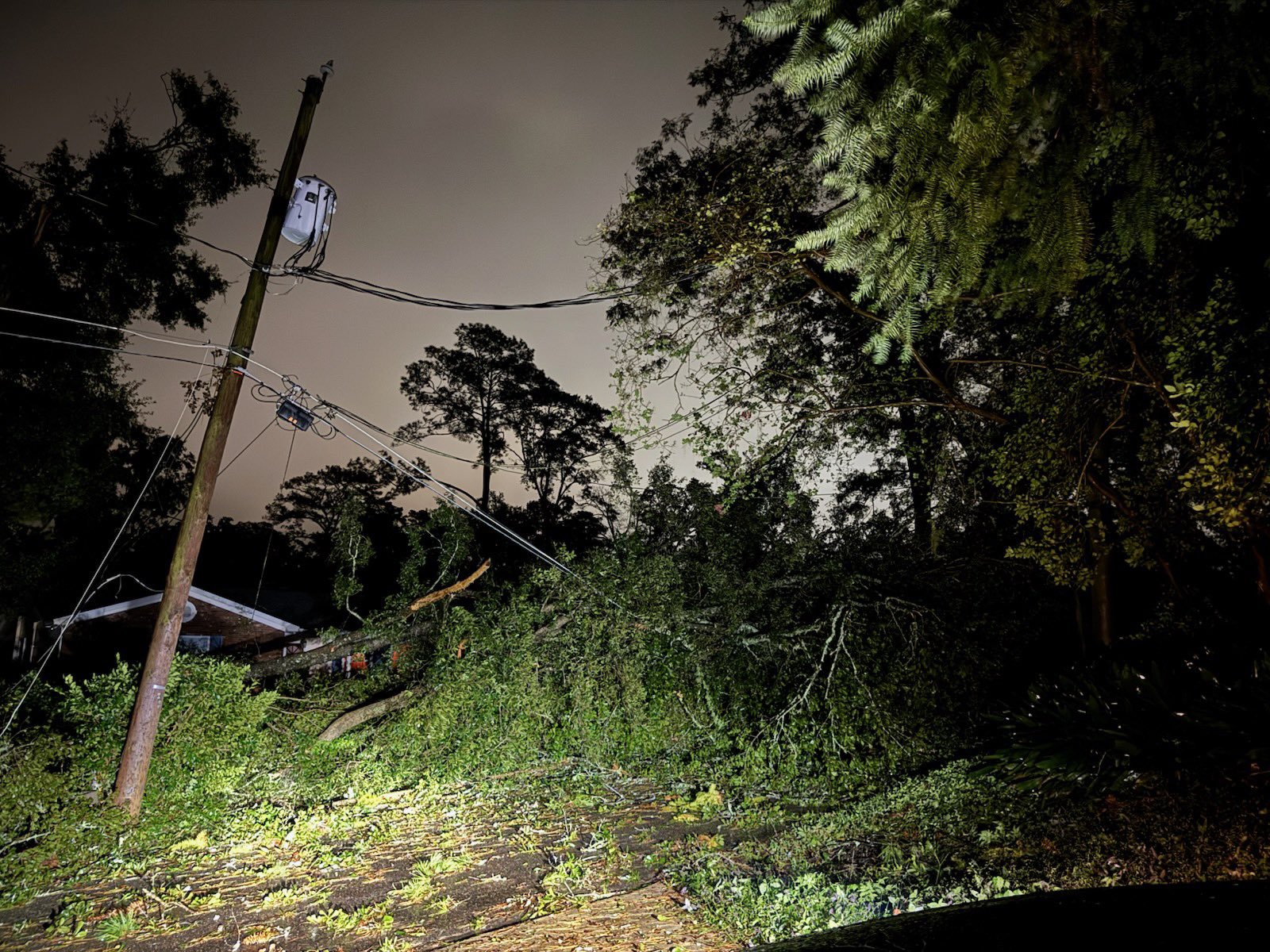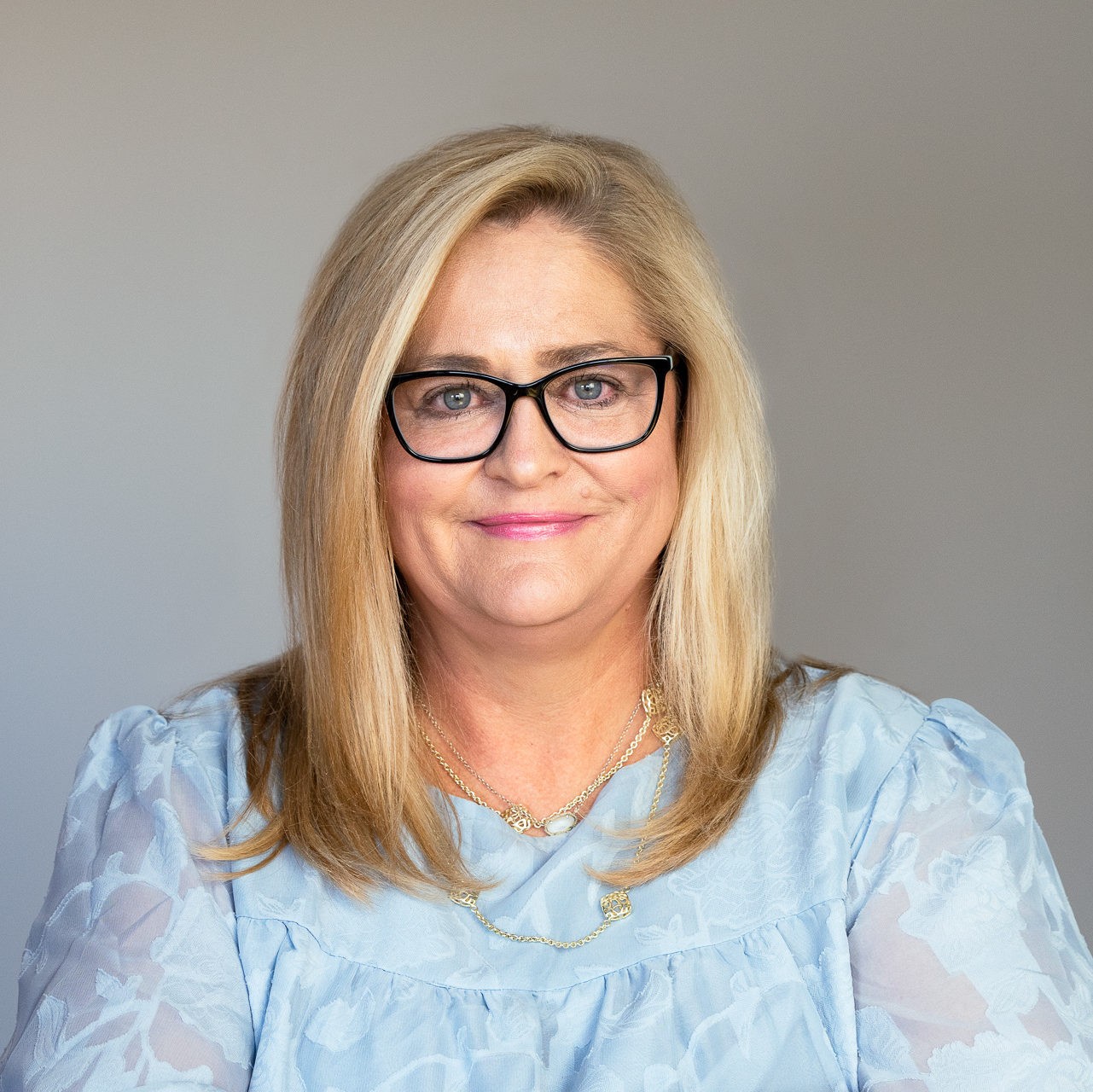Hurricane Helene: Strongest hurricane of 2024 makes landfall in Florida

Catastrophic. Deadly. Life-threatening. These are words used to describe the strongest hurricane to affect the United States this year. Making landfall near Perry, Florida, as a Category 4 storm, Hurricane Helene caused significant damage along the Big Bend region of the state, leaving flooded homes and streets, millions without power, and at least 26 people dead in Florida, Georgia and the Carolinas.
Though we won’t know the full impact for days, weeks or even months, we expect the power outages to be extensive and potentially last for a long time, leaving people without access to basic needs critical to survival.
Some homes are reportedly demolished and many others are flooded. As flooding persists across Florida and other affected states from the devastating storm surge and heavy rain, officials are reminding those with the means to do so to stay home to allow the waters time to recede and emergency responders access to provide services.
Layered trauma from cyclical disasters
Helene is large in size, not just intensity, and continues to batter communities across the Southeast with rain and wind. North Carolina and Georgia have already experienced her wrath, with movement expected further inward into the Carolinas, Tennessee, Kentucky and Virginia. Inland states will also face flooding, wind and possible tornadoes.
Many affected communities in Florida and beyond have experienced disaster after disaster and are still recovering. This is the fifth hurricane to hit Florida since 2022. Tallahassee and the surrounding area experienced multiple tornadoes in May and haven’t fully recovered. Much of the southeast, especially along the east coast, has experienced historic flooding this year and in previous years, affecting particularly marginalized communities with little access to recovery resources.
Cyclical disasters like these can traumatize communities and could be what we should expect with a changing climate. Efforts for response and recovery must be community-led and sensitive to this trauma in ways that support preparedness and strengthen resilience.
The basics of effective disaster giving
At times like this – when worry, stress and fear are high, I remind myself to take a breath and go back to basics. For philanthropy, these basic principles of effective disaster giving help provide trusted outcomes:
- Take the long view. Even while focusing on immediate needs, remember that it will take some time for the full range of needs to emerge. Power and transportation outages and flood-damaged homes may be top of mind, but it takes a while to truly understand the impact that the disaster has had on people’s lives. Be patient in planning for disaster funding. Recovery will take a long time, and flexible funding will be needed throughout.
- Recognize that there are places where private philanthropy can help that government agencies might not. With the increase in extreme weather events, governments cannot fully fund recovery, and human and financial resources are stretched very thin. Therefore, private funders have opportunities to develop innovative solutions to help with recovery efforts and to prevent or mitigate future disasters that the government cannot execute.
- All funders are disaster philanthropists. Even if your organization does not work in a particular geographic area or fund immediate relief efforts, there are ways to align disaster funding with your existing mission. Whether you focus on education, health, children, underserved populations, the environment, conservation or agriculture, disasters affect all these issue areas of interest.
- Support the sharing of promising practices, preparedness and mitigation. Some hurricane-prone areas have developed stringent building codes to mitigate destruction from hurricanes. Interested donors could help support the transfer of expertise from one region to another before the next disaster occurs. Other areas for promising practices research and sharing include efforts to coordinate volunteers and the distribution of supplies before, during and after an event.
- Connect and collaborate with other funders. Collaborative philanthropic response to the disaster leverages combined expertise and maximizes the value of the donated human, financial and technical resources. The Center for Disaster Philanthropy (CDP) works closely with community foundations, regional associations, funders and responding nongovernmental organizations (NGOs) to share trustworthy information and analysis.
- Look to past disasters for guidance. There are often lessons learned that could be used to create better policies and procedures. Consider funding disaster risk-reduction research or projects that could inform more effective disaster preparation and response policy.
The CDP Atlantic Hurricane Season Recovery Fund supports the medium- and long-term needs of hurricane-affected people and communities. Learn how your donation to the Fund could help communities devastated by Hurricane Helene.
And register now for CDP’s emergency webinar, “Hurricane Helene: How funders can support recovery,” on Oct. 3 at 1 p.m. ET / 12 p.m. CT.
Patty McIlreavy, CDP’s president and CEO, will be joined by Debra Jacobs, President and CEO of The Patterson Foundation, and Jose Garcia, CEO of Rebuilding Together Tampa Bay, a CDP Atlantic Hurricane Season Recovery Fund grantee partner. They will explore the impact of Hurricane Helene on affected communities and how funders can support relief and recovery efforts. The Council on Foundations, The Funders Network, Philanthropy Southeast and Florida Philanthropic Network are co-sponsoring the webinar.
Our thoughts remain with the communities that are and will be affected by Hurricane Helene. CDP has a long history of working with the people living in these communities to support their recovery. And we’ll be there again this time to strengthen community capacity to withstand the effects of these storms. We’ll provide resources based on an understanding of community needs that helps support an equitable and sustainable recovery for all. Please join us.
